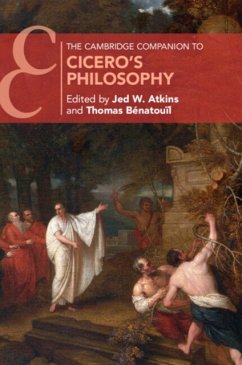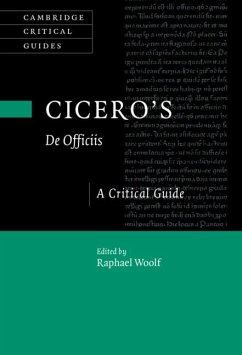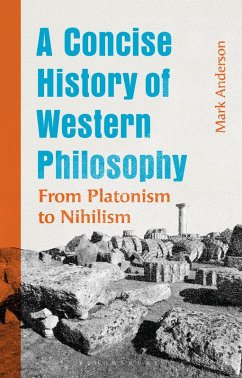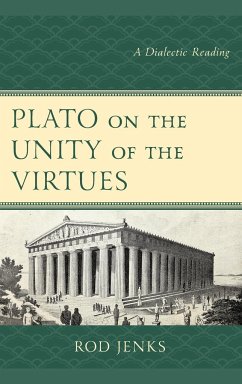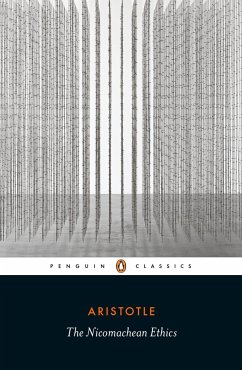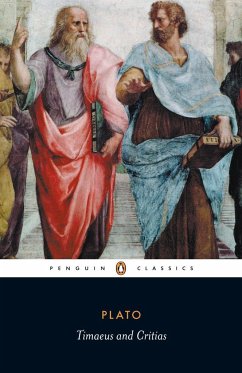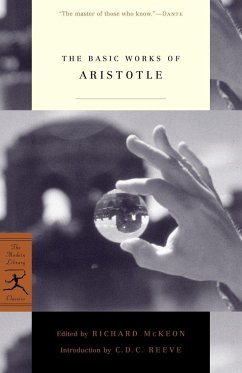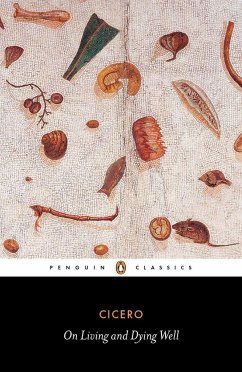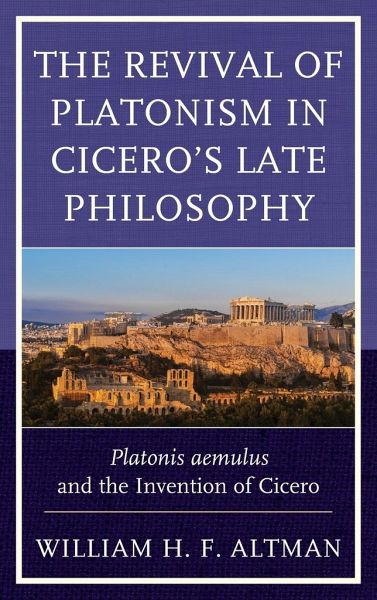
Revival of Platonism in Cicero's Late Philosophy
Platonis aemulus and the Invention of Cicero
Versandkostenfrei!
Versandfertig in über 4 Wochen
127,99 €
inkl. MwSt.
Weitere Ausgaben:

PAYBACK Punkte
64 °P sammeln!
This book argues that Cicero deserves to be spoken of with more respect and to be studied with greater care. Using Plato’s influence on Cicero’s life and writings as a clue, Altman reveals the ineffable combination of qualities that enabled Cicero not only to revive Platonism, but also to rival Plato himself.




